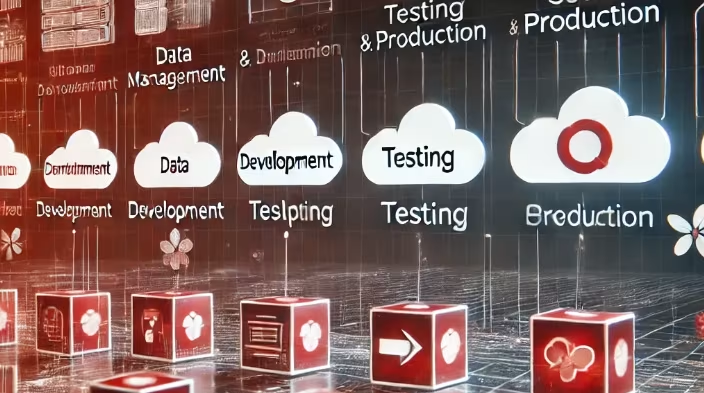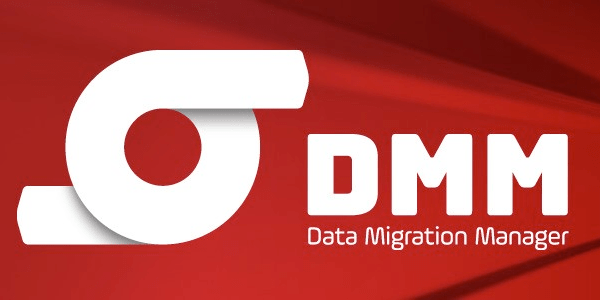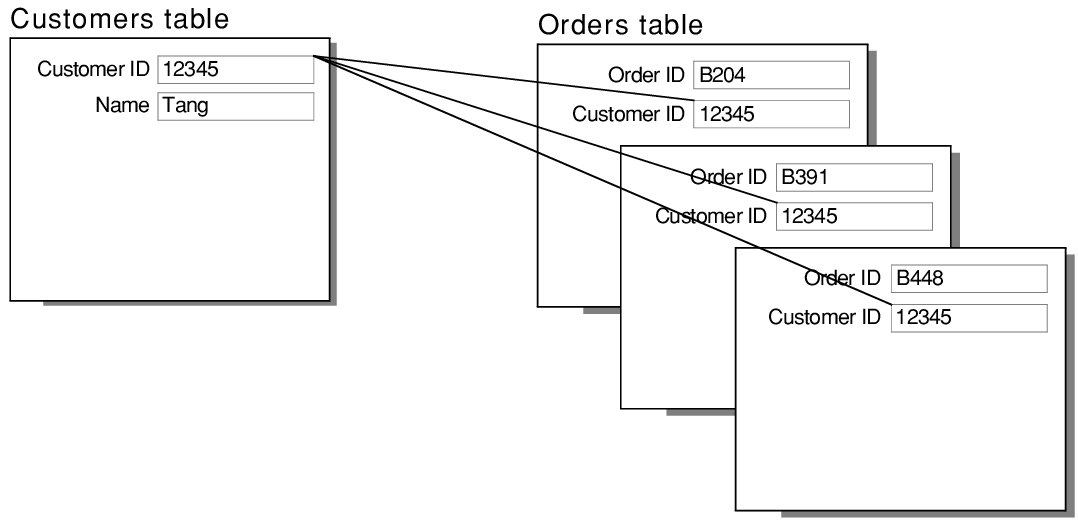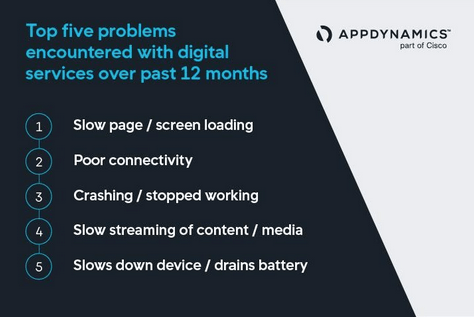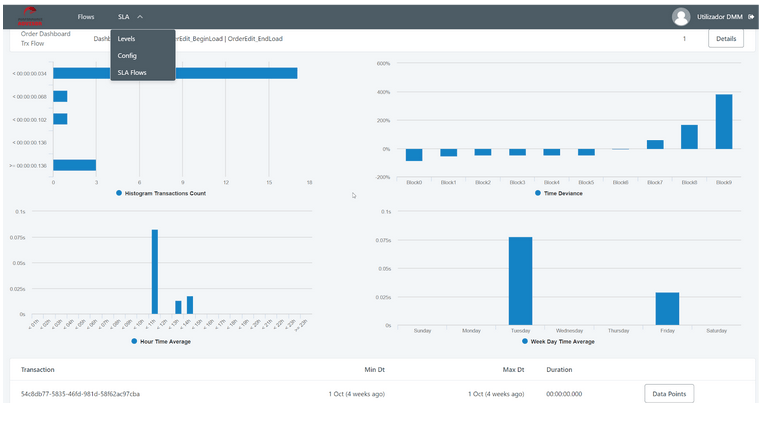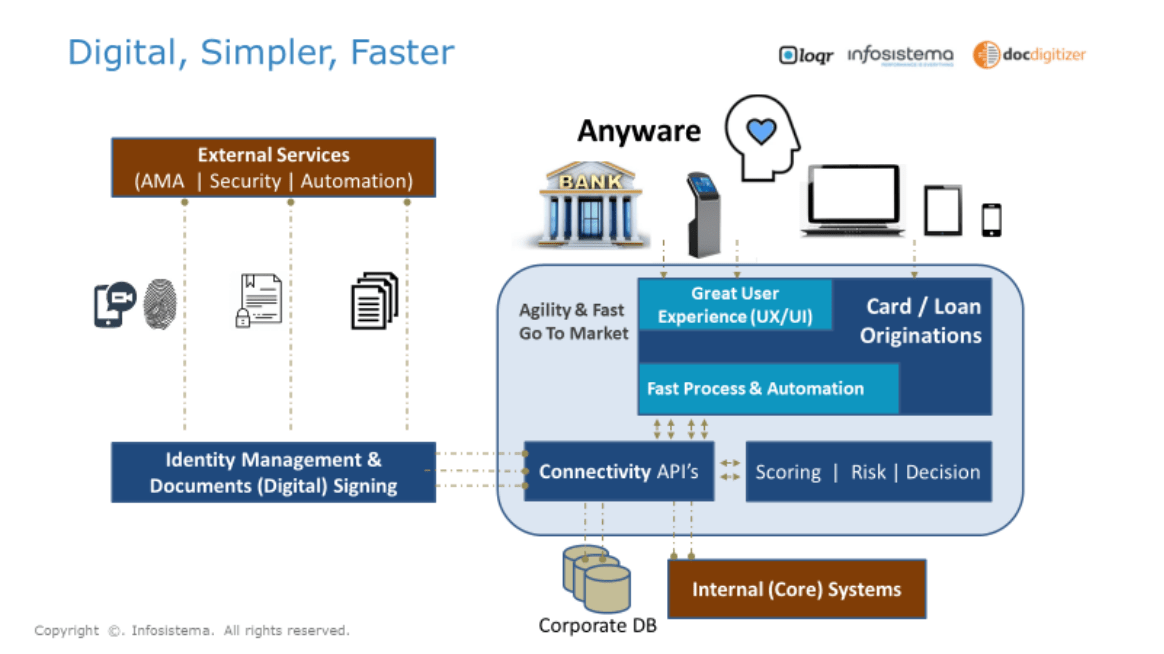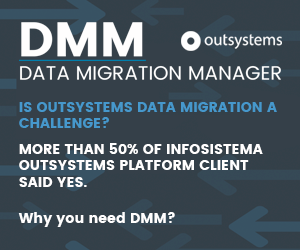The Future of Open Banking, beyond January 2018
Infosistema and it's partner Payment Components are on top of what's happening in the PSD2 and Open Banking ecosystem.
Payment Components directly contributed to this report by Pinsent Masons and Innovate Finance on what can we expect beyond the PSD2 legal implementation date of January 2018.
The main topics from the report are:
1) The opportunity is immense
2) Collaboration is essential
3) Trust is key
4) Incentives are a must
5) Age and income as success factors
6) The future of screen scraping
7) Challenges around governance
8) Liability and dispute resolution
9) Consent, authentication and authorization
10) Regulatory alignment in a Brexit context
11) Open Banking in 2025
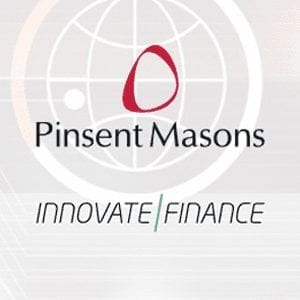
Foreword
The Pinsent Masons viewpoint:
Open Banking is one of the most exciting developments in financial services in recent years. It has the potential to revolutionize how consumers engage with financial products and services. For example, with new parties initiating payments and moving into territory commonly occupied by debit and credit cards, consumers will find it easier to review their financial position across different accounts. The combination of bank details and big data analytics could prompt customers with real-time financial advice and direct them to products that work for them.
Based on the work we have done, it is clear that customer trust is key to Open Banking’s success. Assuming that the trust is there, we believe that changing consumer behaviour will require incentives – otherwise there is a risk that consumers will stick with the status quo. We can expect banks and fintech companies to collaborate to create new banking products and services.
Our report discusses Open Banking opportunities as well as what banks and fintechs need to do to take advantage of them. We also discuss what future business models will look like under Open
Banking and how the new world of Open Banking will interface with other impactful legal changes such as the General Data Protection Regulation.
This is a fast-moving area and issues are emerging – indeed as we went to print the Chancellor announced in the budget that the scope of the UK’s Open Banking reforms would expand beyond current accounts. Therefore, this report is ‘version one’, kicking off a discussion we expect to evolve.
Open Banking ushers in a brave new world, a world in which those who embrace its opportunities will flourish.
Yvonne Dunn, Partner, Pinsent Masons
Foreword
The Innovate Finance viewpoint:
Open Banking has the potential to transform the future of financial services, increase competition and create a better consumer experience. This is a significant step for banks and innovators – both fintech businesses and large technology companies alike. Transaction and financial data once held by traditional banks will be available to third parties, giving them exciting opportunities to deliver services that are tailored and relevant to individual customers.
As this report highlights, Open Banking builds on the digital change we have seen shape the financial services industry in recent years and promises to not only re-imagine existing markets, but to create new data-driven services altogether.
This important initiative also strengthens the role and influence of fintech companies in the financial sector, as they have the agility and technology know-how to make data sharing and alternative payment methods possible and to disrupt the status quo. Indeed, we are already seeing collaboration between fintechs and financial institutions in preparation for this change, many of which are seeking to harness the immense value of their data to remain competitive in what will become a crowded consumer market.
However, as this report suggests Open Banking also brings with it a number of challenges that we must collectively overcome, from: ensuring we gain and maintain consumer trust, to adhering to sound data protection and security practices while creating the right incentives to ensure successful consumer adoption.
Open Banking is therefore about creating the accompanying framework to address these issues. In doing so the future may be one where we start to liberate the data held in other financial accounts, transforming our relationship with financial services and enabling banks and businesses to deliver better value-added services, drive customer loyalty and, ultimately, create a future of finance that’s better for everyone.
Charlotte Croswell, CEO, Innovate Finance

